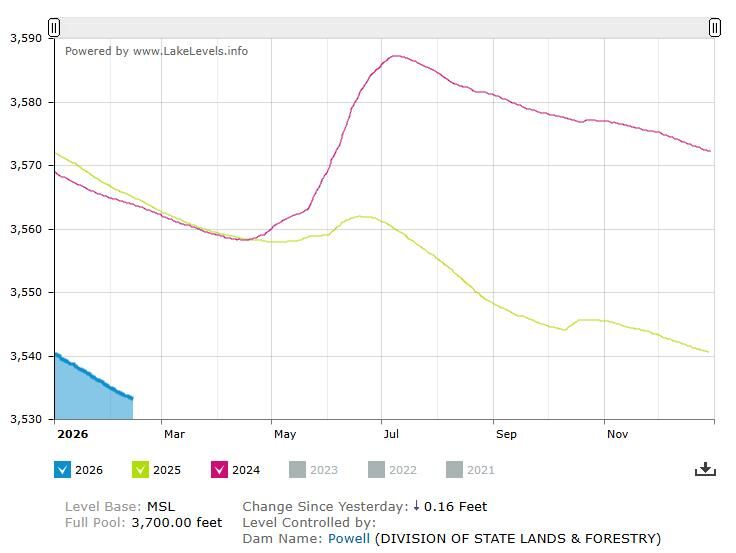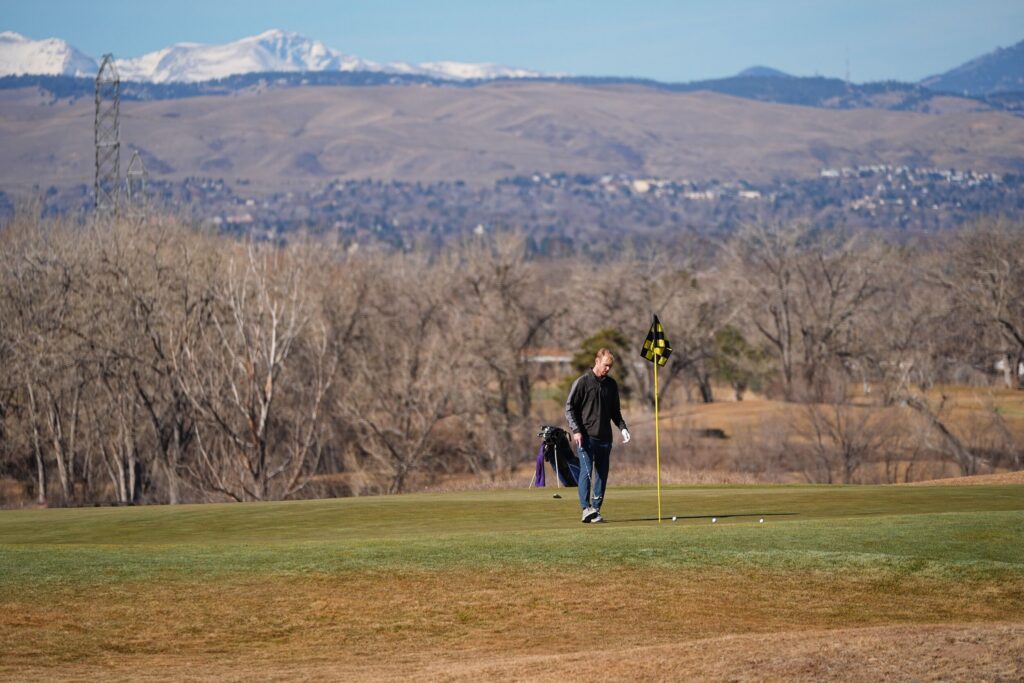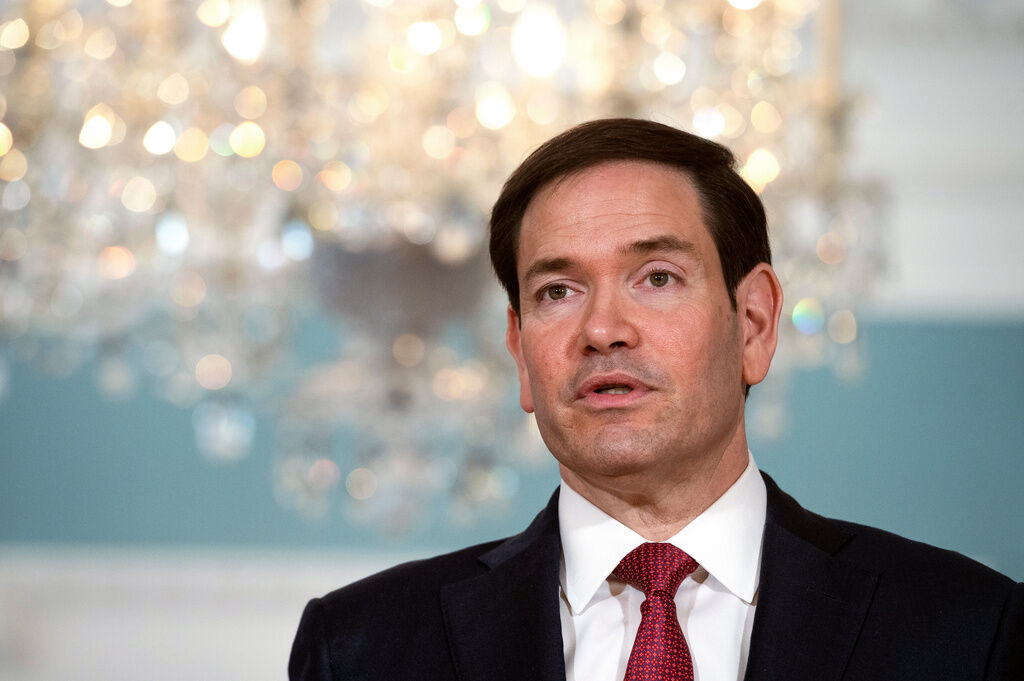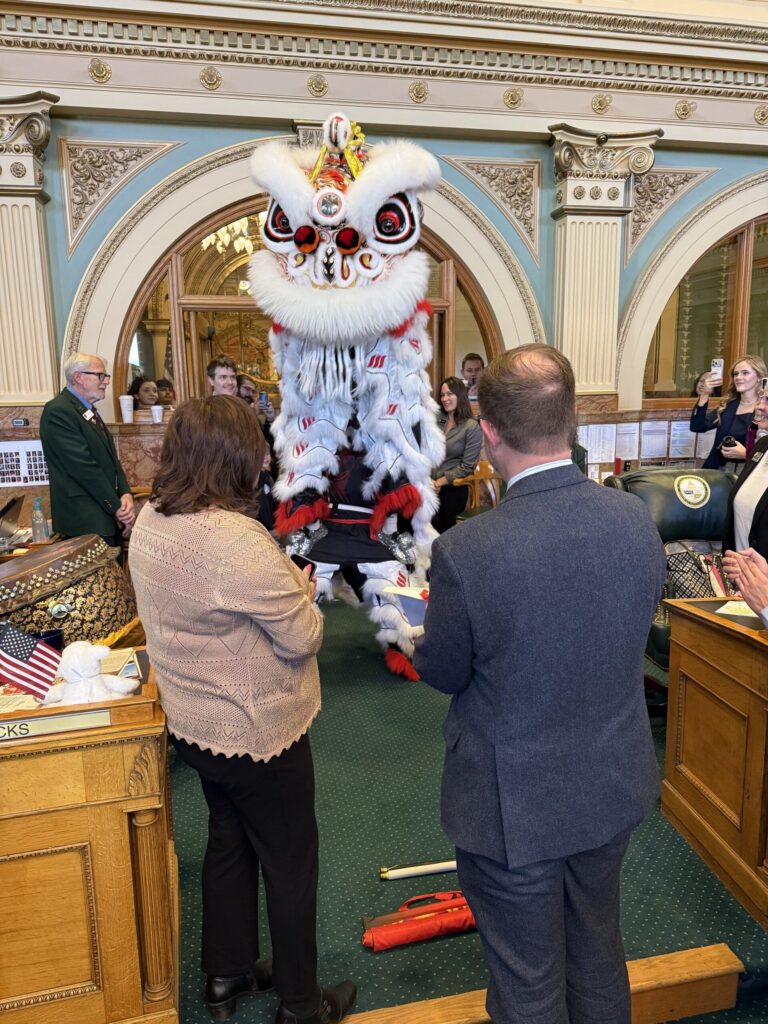Justices skeptical of elections case that could alter voting
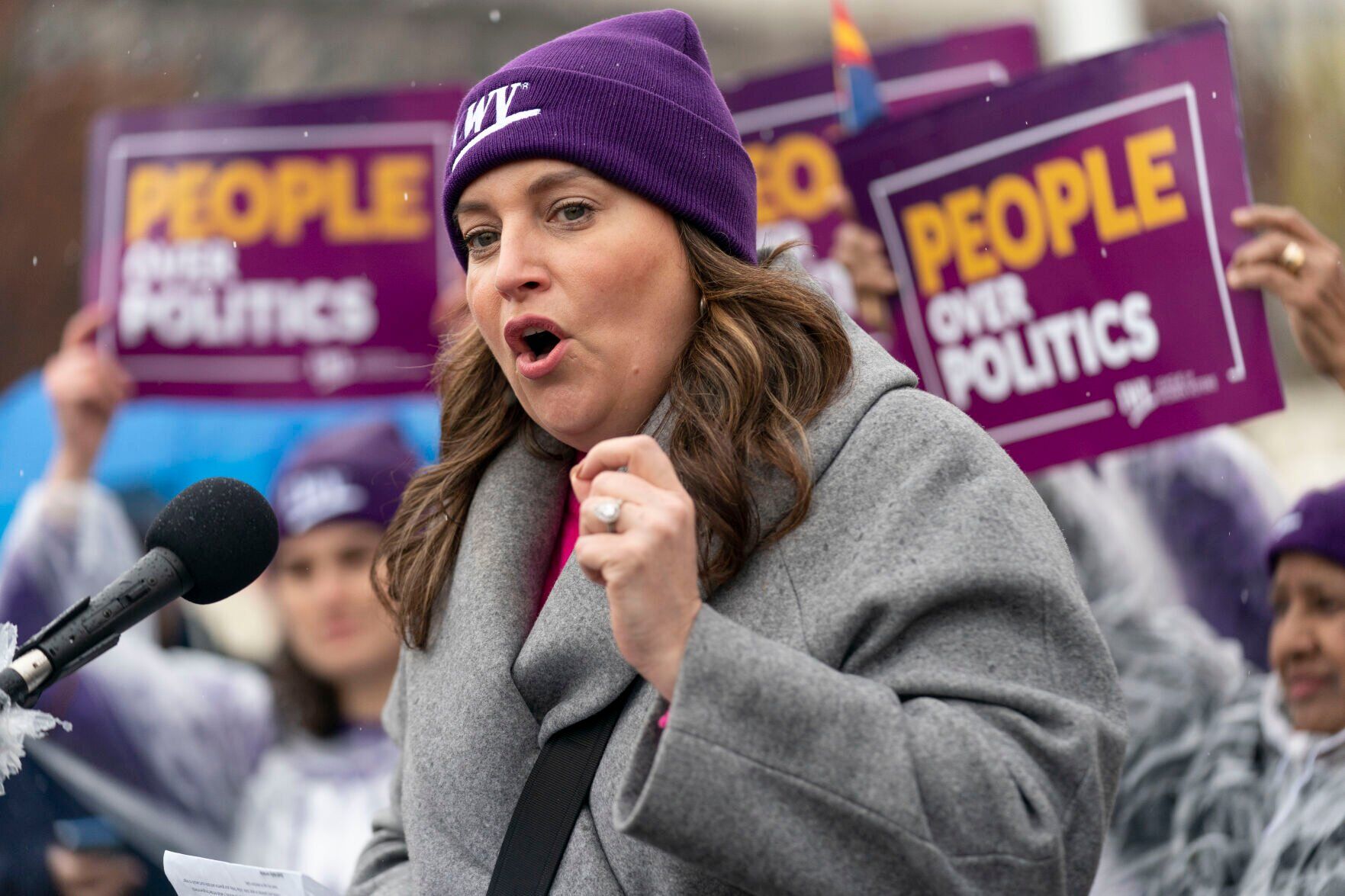
WASHINGTON – The Supreme Court on Wednesday seemed skeptical of making a broad ruling that would leave state legislatures virtually unchecked in making rules for congressional and presidential elections.
In nearly three hours of arguments, liberal and conservative justices appeared to take issue with the main thrust of a challenge asking them to essentially eliminate the power of state courts to strike down legislature-drawn, gerrymandered congressional district maps on grounds that they violate state constitutions.
But it was harder to see exactly where the court would land.
In particular, three conservative justices who probably control the outcome, Chief Justice John Roberts and Justices Brett Kavanaugh and Amy Coney Barrett, seemed open to simply limiting state court power in some circumstances.
Republicans from North Carolina who brought the case to the high court argue that a provision of the U.S. Constitution known as the elections clause gives state lawmakers virtually total control over the “times, places and manner” of congressional elections, including redistricting. That means cutting state courts out of the process, they say.
The Republicans are advancing a concept called the “independent legislature theory,” never adopted by the Supreme Court but cited approvingly by four conservative justices.
A broad ruling could threaten hundreds of election laws, require separate rules for federal and state elections on the same ballot and lead to new efforts to redraw congressional districts to maximize partisan advantage.
“This is a theory with big consequences,” Justice Elena Kagan said, that would allow for the “most extreme forms of gerrymandering from legislatures.”
The other liberal justices, Sonia Sotomayor and Ketanji Brown Jackson, also appeared favorable to the role of state courts in the process.
And Barrett said the outcome sought by North Carolina Republicans would leave judges with “difficult lines to draw.”
Yet Barrett also asked questions suggesting that she believes state courts could go too far in trying to police federal elections in a way that could violate the U.S. Constitution.





